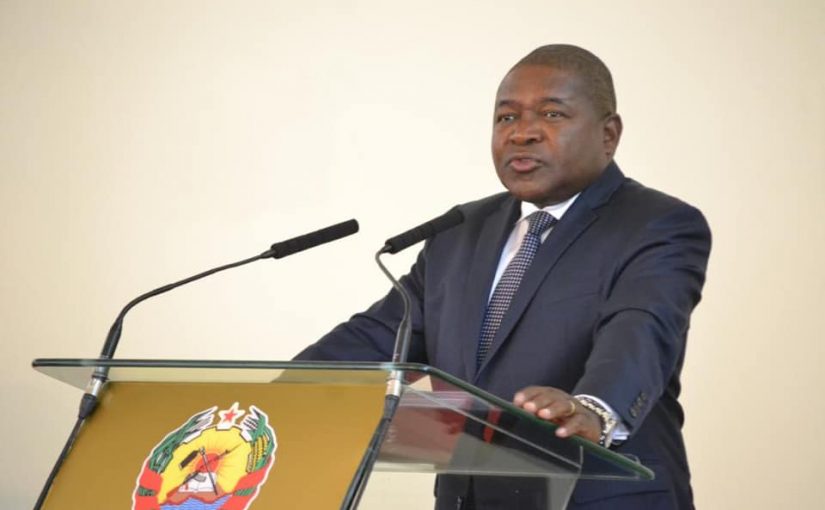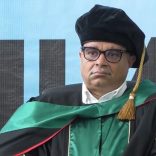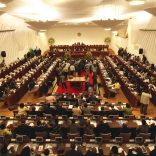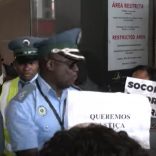Mozambican elections had 'multiple flaws' says EU Mission - AIM report | Watch
Nyusi convenes first sitting of new assembly

in file CoM
Last Friday, Mozambican President Filipe Nyusi convened the first sitting of the Mozambican parliament, the Assembly of the Republic, emerging from the general elections of 15 October, for 13 January.
He had no choice in the matter – the date had already been fixed in a ruling issued on 3 December by the Constitutional Council, the country’s highest body in matters of constitutional and electoral law.
According to the election results, contested as fraudulent by opposition parties, but validated by the Constitutional Council on 23 December, the ruling Frelimo Party will have an overwhelming majority in the new parliament. Frelimo will hold 184 of the 250 seats. The main opposition party, Renamo, will have 60 seats, and the Mozambique Democratic Movement (MDM) will occupy the remaining six seats.
In the outgoing Assembly, Frelimo holds 144 seats, Renamo 89 and the MDM 17. In the new parliament, Frelimo has the two thirds majority needed to amend the Constitution on its own – although there is so far no indication that it intends to do so.
At the first sitting of the Assembly, which will be chaired by Nyusi himself, there are only two points on the agenda: the investiture of the deputies and the election of the chairperson (speaker) of the Assembly.
Currently the main point of interest is whether Renamo will boycott the sitting. When asked on Monday whether the Renamo deputies would take up their seats, the party’s leader, Ossufo Momade, declined to give a straight answer.
Renamo has often threatened boycotts, but has usually not carried through on its threats. After the previous elections, in 2014, it took face-to-face meetings between Nyusi and Momade’s predecessor, the late Afonso Dhlakama, to persuade Renamo to take up its seats.
Any deputies who fail to take up their seats within 30 days of the investiture will lose them. Failure to take up a seat and to swear the oath of office has the same effect as resignation. The next person on the list of candidates presented by the party at the election will be offered the seat.
A Renamo boycott would have serious financial consequences. Renamo would lose the state subsidy that it currently enjoys by virtue of its parliamentary representation. As for the individual Renamo deputies, they cannot draw their parliamentary wages until they have been sworn into office.
As for the second agenda point, the election of the parliamentary chairperson, whoever the Frelimo parliamentary group proposes will inevitably be elected. Currently, it is not known whether the current chairperson, Veronica Macamo, will seek a further term of office.
Two days after the investiture of the deputies, on 15 January, Nyusi will be sworn into office for his second term as President of the Republic.












Leave a Reply
Be the First to Comment!
You must be logged in to post a comment.
You must be logged in to post a comment.